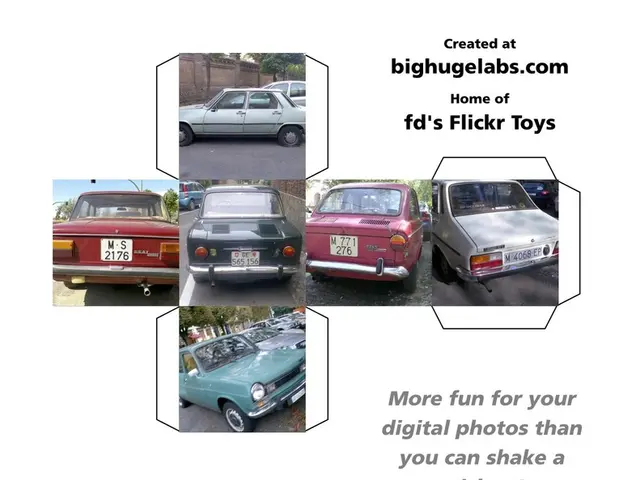Digitization Could Slash Germany's 2030 CO2 Emissions by Half
A new study reveals that accelerated digitization could significantly boost Germany's fight against climate change. It finds that digital technologies could slash CO2 emissions by up to 120 megatonnes in 2030, nearly half of the country's climate goals.
The study, considering the carbon footprint of digital infrastructure, shows that with moderate digitization, the CO2 savings potential is four times greater than the footprint. However, with accelerated digitization, this potential jumps to five times. The greatest reductions are expected in industrial manufacturing and mobility sectors.
Key figures driving this progress include Federal Environment Minister Carsten Schneider, Winfried Kranz-Pitre of WIN.DN, Frank Peter Ullrich, mayor of Düren, and academic leaders Prof. Andreas Marx and Prof. Andreas Pinkwart. They emphasize that targeted and bold support from policymakers and corporate leaders is crucial.
The study underscores that accelerated digitization not only benefits the economy's competitiveness but also contributes nearly half of Germany's 2030 climate goals. It urges decisive action from leaders to harness the full potential of digital technologies in combating climate change.
Read also:
- Reconsidering the Approach to Mountain Height Measurement?
- UK automaker, Jaguar Land Rover, to commit £500 million for electric vehicle manufacturing in Merseyside
- Standard Nuclear & Framatome Join Forces to Boost TRISO Fuel Production by 2027
- U.S. Energy & Politics: Wood Burning Criticized, Wind Industry Faces Policy Hurdles, GOP Divided on Climate








